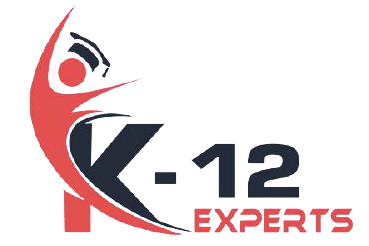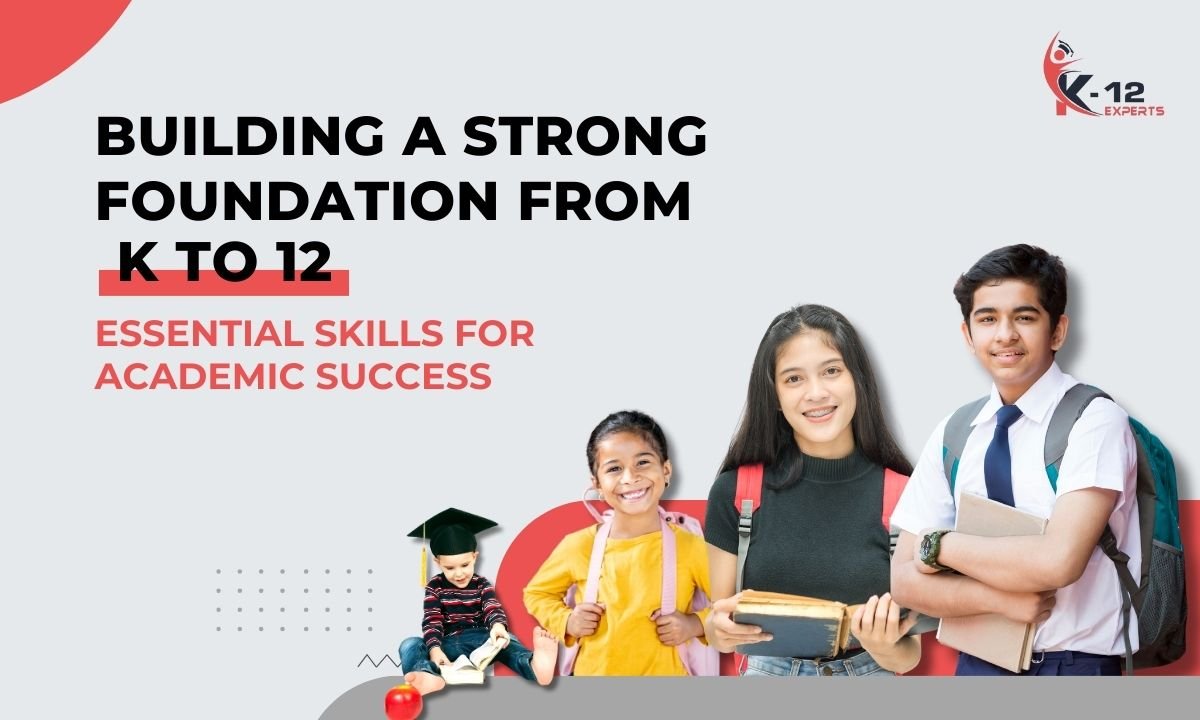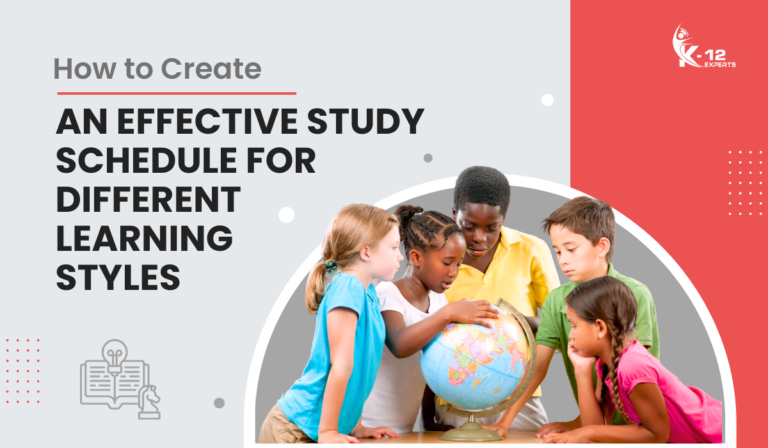Imagine the impact when students master key skills from Kindergarten through 12th grade. It’s not just about passing tests; it’s about developing critical thinking, problem-solving, and communication abilities.
In Kindergarten, the focus is on basic literacy and numeracy, which are essential for future learning. As students progress each grade, they build on these skills, preparing them for more complex challenges in higher education and life.
Want to understand how each stage plays a role in this journey? Let’s explore.
Key Takeaways
- Build basic literacy and numeracy skills to lay the foundation for complex learning and problem-solving.
- Encourage critical thinking and problem-solving to help students think independently and make good decisions.
- Support social and emotional learning to teach resilience, empathy, and relationship-building for personal and academic success.
- Promote technological proficiency to prepare students for a future where technology is crucial.
- Improve communication and teamwork skills for academic success and future career readiness.
The Importance of Building a Strong Academic Foundation
A solid academic foundation is crucial for a child’s overall growth and future success. It ensures they have the skills and mindset to thrive in a changing world.
Research shows that this foundation does more than teach basic skills; it encourages a love for learning, critical thinking, and resilience. It helps children handle complex situations, leading to better social, emotional, and economic outcomes.
When you focus on building this foundation, you’re not just preparing children for college and jobs; you’re also helping them become informed and active citizens.
Early Education (K-3): Laying the Groundwork
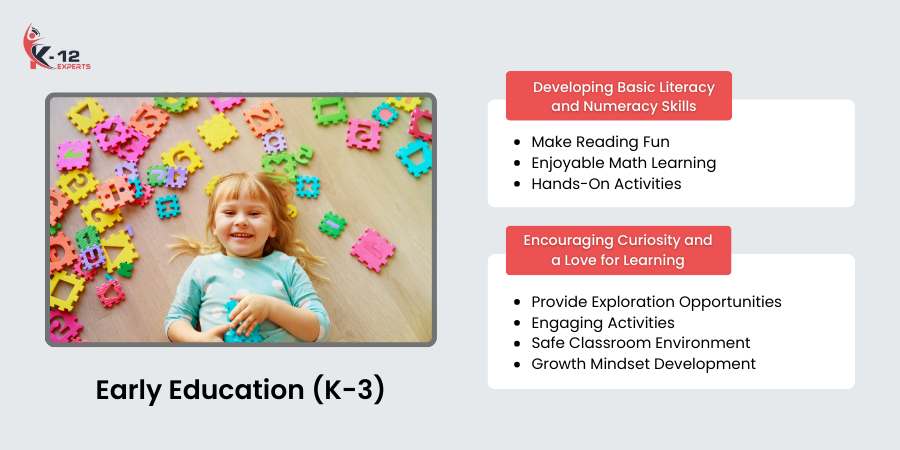
In K-3, focusing on basic reading and math skills is crucial. Use hands-on activities to make learning fun as it helps kids perform better in school later on.
Developing Basic Literacy and Numeracy Skills
Learning to read, write, and do simple math from kindergarten to third grade is very important for your child’s future learning. These skills help build confidence and pave the way for success in other subjects.
To make reading fun, try interactive storytelling. For math, use educational games that make learning numbers enjoyable. Hands-on activities also help strengthen these skills.
Encouraging Curiosity and a Love for Learning
Building on basic reading, writing, and math skills, as well as fostering curiosity and a love for learning in early education, is crucial for lifelong intellectual growth.
To nurture curiosity, provide opportunities for exploration, use diverse materials, ask open-ended questions, and encourage students’ inquiries.
Engaging activities like science experiments, field trips, and interactive projects make learning enjoyable and relevant.
Create a safe classroom environment where kids feel comfortable sharing ideas and taking risks, helping them develop a growth mindset and believe they can improve through effort, essential for lifelong learning.
Elementary School (4-5): Expanding Knowledge and Skills
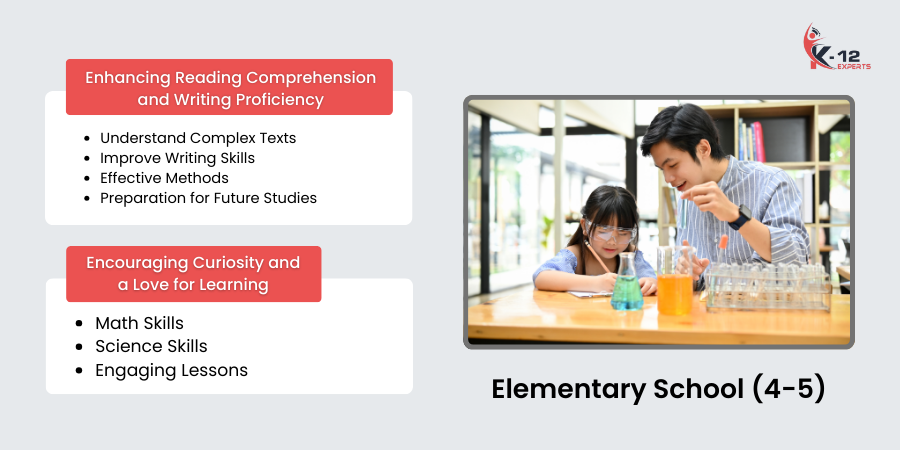
In grades 4 and 5, it’s important to improve reading and writing skills. At this stage, students shift from learning to reading to reading to learning.
We should also focus on basic math and science skills because early mastery in these subjects leads to long-term success. Using interdisciplinary projects can help strengthen these skills and prepare students for more complex ideas.
Enhancing Reading Comprehension and Writing Proficiency
Enhancing reading comprehension and writing skills is crucial for academic growth as students transition from learning to reading in fourth and fifth grades.
They need to understand complex texts, identify main ideas, and make inferences while considering the author’s purpose and perspective.
Improve writing skills by helping them organize thoughts, use proper grammar, and write persuasive essays.
Effective methods include guided reading sessions, peer reviews, and writing workshops. These strategies prepare students for future studies and help them express ideas clearly.
Building Fundamental Math and Science Understanding
Building a strong understanding of basic math and science in fourth and fifth grades is crucial for future success. In math, you’ll learn about fractions, decimals, percentages, and basic geometry, which help you think in an organized way.
In science, hands-on experiments teach you to observe, hypothesize, and find answers. Fun and interactive lessons, real-life examples, and group activities make learning engaging and useful.
Middle School (6-8): Strengthening Critical Thinking
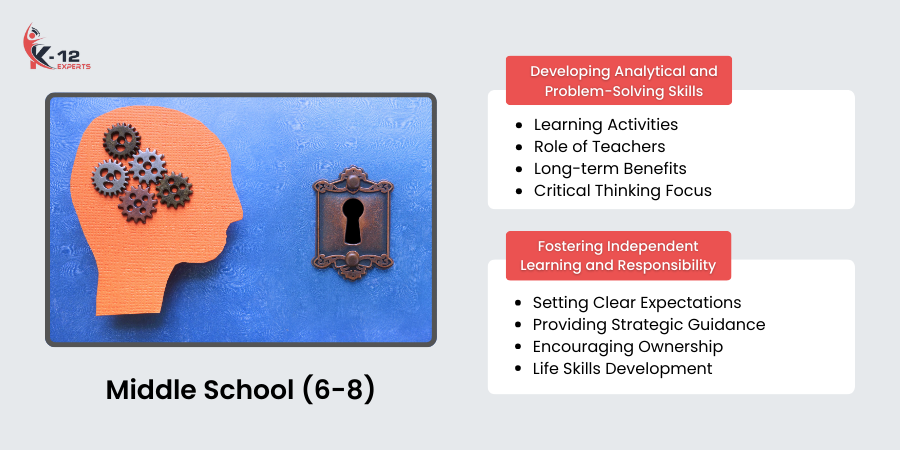
In middle school, focus on improving students’ analytical and problem-solving skills with specific lessons and interactive activities.
Studies show that encouraging independent learning and responsibility at this age significantly enhances their future academic success.
These strategies will help them handle the challenges of high school and beyond.
Developing Analytical and Problem-Solving Skills
Middle school is a crucial time to develop analytical and problem-solving skills, essential for academic and professional success.
Activities like studying historical events and conducting science experiments teach you to evaluate information and draw logical conclusions. Teachers play a vital role by fostering curiosity and exploration.
By systematically tackling challenges, you enhance your problem-solving abilities, preparing you for high school and helping you handle complex situations independently.
Focusing on critical thinking in middle school sets you up for success in both school and life.
Fostering Independent Learning and Responsibility
Fostering independent learning and responsibility in middle school helps students manage their education and prepares them for high school and later life. To do this, educators can:
- Set clear expectations: Explain why managing time and finishing assignments on time is important.
- Provide strategic guidance: Teach time management and study skills. Encourage self-directed projects and independent research.
- Encourage ownership: Motivate students to ask for help when needed and take responsibility for their learning.
These methods help students develop important life skills.
High School (9-12): Preparing for Higher Education and Careers
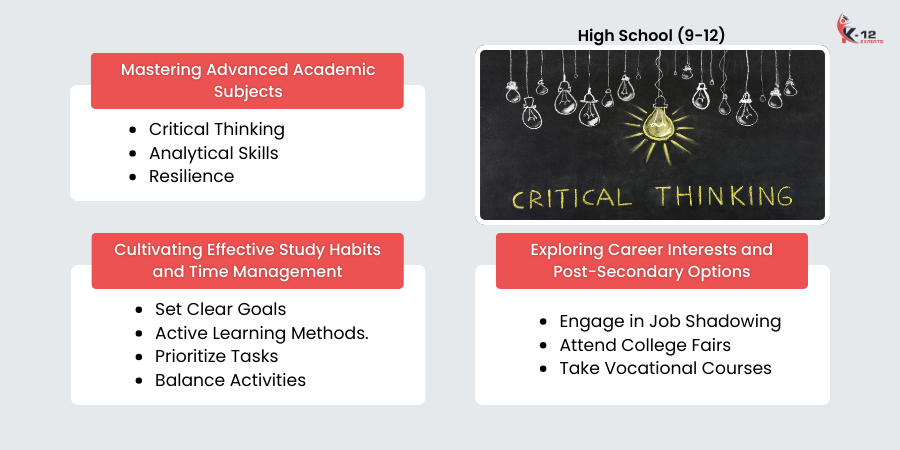
In high school, it’s essential to master advanced subjects, develop good study habits, and explore different careers and post-secondary options to make smart decisions about your future.
Effective study habits and time management skills can make learning easier and ensure you meet deadlines without last-minute panic.
Thinking about careers early helps you understand what you might enjoy and what skills you need.
Researching colleges and training programs will show you the best paths to reach your goals.
Mastering Advanced Academic Subjects
Mastering advanced high school subjects such as AP courses, honors classes, calculus, and physics is crucial for developing college-level skills and earning credits.
This challenging work requires:
- Critical Thinking: Solving complex problems and evaluating different solutions.
- Analytical Skills: Understanding data and combining information from various subjects.
- Resilience: Sticking with tough coursework and learning from feedback.
Teachers help by giving clear instructions, support, and feedback. Embrace these learning opportunities to show your ability to think critically and succeed in the future.
Cultivating Effective Study Habits and Time Management
Developing good study habits and time management is crucial for high school students aiming for college and career success. Set clear goals and create a detailed study plan. Break tasks into smaller, manageable parts to avoid feeling overwhelmed.
Use active learning methods like summarizing and self-testing to strengthen memory. Prioritize tasks and avoid procrastination to stay on track.
Balance schoolwork with extracurricular activities and personal time to maintain health. Teachers and parents can offer advice and model good habits.
Learning these skills will improve grades, reduce stress, and prepare you for college and beyond.
Exploring Career Interests and Post-Secondary Options
In high school, it’s essential to explore career interests and post-secondary options. Schools offer resources like career counseling, internships, and college fairs to guide your choices. Take advantage of these opportunities to discover your strengths and explore different careers and needed skills.
Here are some steps to consider:
- Engage in job shadowing: Spend time observing professionals in different roles to see what interests you.
- Attend college fairs: Collect information about different colleges and their programs.
- Take vocational courses: Learn practical skills and get insights into specific careers.
Cross-Grade Skills: Essential for Every Stage
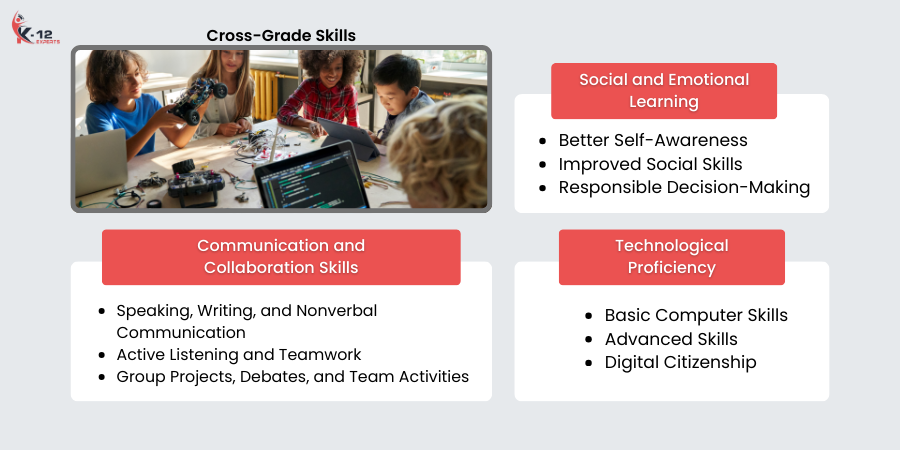
Social and emotional learning, communication, and collaboration skills, as well as technological proficiency, are essential at all grade levels.
Research shows that students who develop these skills often do better in school and in their careers. Including these skills in education helps students handle future challenges.
In short, focusing on these areas can significantly benefit students now and in the future.
Social and Emotional Learning
Adding social and emotional learning (SEL) to school programs helps students gain essential life skills and improve school performance and overall well-being by managing emotions, setting goals, and building healthy relationships in a supportive environment.
Here’s why SEL is so important:
- Better Self-Awareness: Students learn to understand their feelings and strengths, which boosts their confidence and resilience.
- Improved Social Skills: Students develop empathy and good communication, leading to positive interactions with others.
- Responsible Decision-Making: SEL teaches students to make careful and ethical choices, which is crucial for success in school and life.
Communication and Collaboration Skills
Effective communication and collaboration skills build on social and emotional learning. These abilities help students work together and handle different social situations.
Skills like speaking, writing, and nonverbal communication are essential for success in school and work. Active listening and teamwork help students solve problems and share tasks.
Studies show that group projects, debates, and team activities improve these skills. Teachers should include these methods in their lessons to prepare students for real-world challenges.
Technological Proficiency
Technological proficiency is essential for students at all educational levels to prepare them for higher education and the modern workforce. Integrating technology into the curriculum and providing access to digital tools helps them navigate today’s digital world.
Focus on:
- Basic Computer Skills: Teach typing and how to use software applications.
- Advanced Skills: Include lessons on coding, digital research, and data analysis.
- Digital Citizenship: Educate about online safety and responsible use.
Conclusion
Mastering essential skills from K to 12 is crucial for academic success and future flexibility, providing a foundation for lifelong learning. Key skills include early reading, numeracy, critical thinking, and tech know-how, which are essential for personal and academic success.
Here’s why:
- Early Reading and Numeracy: These are the building blocks for all future learning. They’re crucial for a child’s mental development and academic progress.
- Critical Thinking: This skill helps students assess information, solve problems effectively, and make informed choices.
- Tech Know-How: Being good with technology is a must in today’s digital world. It prepares students for future jobs and ongoing learning.
Focusing on these skills prepares students for higher education and the job market.
A robust educational journey emphasizes a growth mindset and adaptability for an uncertain future. Lifelong learning is crucial in our fast-changing world, and schools can foster this by encouraging a growth mindset, self-directed learning, and intellectual risks.
Research shows adaptable students who embrace continuous learning handle challenges better and contribute positively to society. Teaching these qualities ensures students are ready for and capable of shaping the future.
Frequently Asked Questions
How Can Technology Be Integrated Effectively in K-12 Education?
Technology can be a great tool in education. It allows for personalized learning, teamwork, and improved problem-solving skills. Platforms like Khan Academy and Google Classroom make learning more engaging and effective.
What Role Do Extracurricular Activities Play in Academic Success?
Participating in extracurricular activities can help students succeed academically by improving their social skills, time management, and leadership abilities while encouraging critical thinking and creativity. For example, joining the debate team can improve public speaking skills, while playing a sport can teach teamwork and discipline.
How Can Parents Support Their Children’s Education at Home?
You can help your child’s education by setting up a quiet study area, making a daily schedule, and being involved in their schoolwork. When parents get involved, kids do better in school and develop good study habits for life.
What Are the Benefits of Personalized Learning Plans for Students?
Personalized learning plans tailor education to individual strengths and weaknesses, improving motivation, independence, and critical thinking. For instance, if a student is strong in math but weak in reading, the plan can allocate more resources to reading while allowing quick progress in math.
How Can Schools Address the Diverse Learning Needs of Students?
Schools can use data-driven strategies to meet students’ diverse learning needs. These include flexible grouping, differentiated instruction, and personalized learning plans. This way, every student’s unique abilities are nurtured and maximized.
